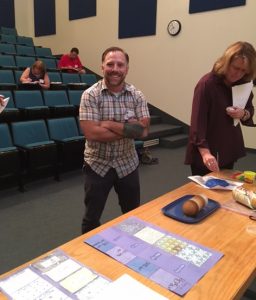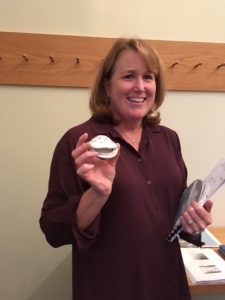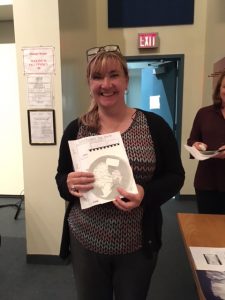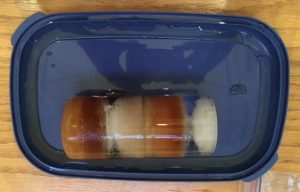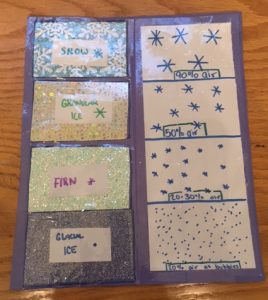Professional Development Night at Rutgers University Tuesday October 18, 2016 5 pm – 8 pm
Long-term Ecological Research (LTER) Program
We utilized the 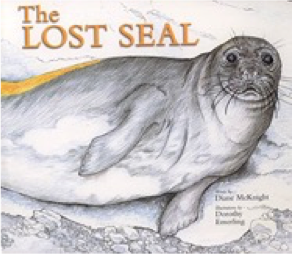 LTER children’s’ books the Lost Seal and Sea Secrets to explore a changing climate in Antarct
LTER children’s’ books the Lost Seal and Sea Secrets to explore a changing climate in Antarct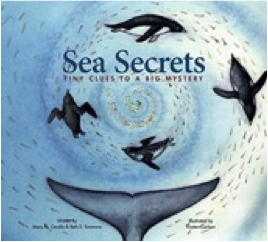 ica.
ica.
Who Attended: Twenty-eight NJ K-5 educators attended the workshop. We worked with Filipa Carvalho, a PhD candidate who has done extensive work in Antarctica. Educators participated in hands-on activities and shared ideas about using non-fiction books and art to enhance their science program.
Workshop Resources:
Welcome Introductory Power Point (Janice McDonnell) This is a PDF of the opening slides explaining the LTER program, an introduction to Polar-ICE, the differences and similarities between Antarctica and the Arctic, and information on upcoming Polar-ICE opportunities.
Google Earth tour of Antartica
What is this in Antarctica? Power Point Presentation (Nancy Fitzgerald)
What is it? Worksheet: This is a workspace for students to that notes on identifying the organisms pictured.
Identification Worksheet: Students use claim, evidence and reasoning to make a case for their identifications.
What is it ? Field Guide: Students can use this information to research their organism and build their evidence.
Ice Cores: Power Point Presentation (Joanna Chierici, Melvin H. Kreps MS)
Ice Cores Worksheet: This is a worksheet to help students interpret the ice core samples.
Creative ideas for using children’s literature to teach science.

